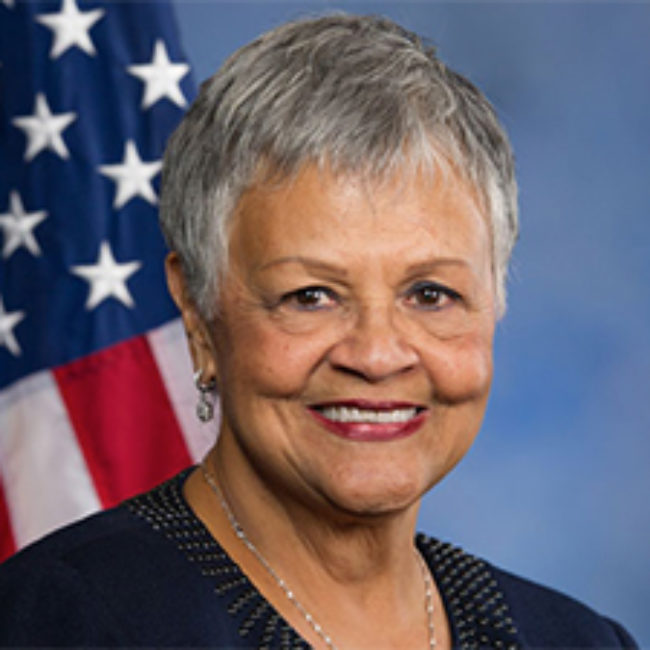The first Black woman to represent New Jersey in Congress, Bonnie Watson Coleman is passionate about the issues affecting working families of all backgrounds, including criminal justice reform, building an economy that works for all families rather than a wealthy few, and rebuilding infrastructure to improve this country and support job creation. She focuses on these priorities and other critical issues as a member of the House Committee on Appropriations and Homeland Security.
Since coming to Congress, Congresswoman Bonnie Watson Coleman has continued to champion protections for vulnerable Americans, including authoring the Healthy MOM Act, which would allow women to enroll in, or change their health coverage if they become pregnant; the End For-Profit Prisons Act, which would prohibit the federal government from contracting with for-profit prison corporations; the SAFER Pipelines Act that would reform the gas pipeline approval process overseen by the Federal Energy Regulatory Commission; and the Customer Non-Discrimination Act, which would amend the Civil Rights Act of 1964 to prohibit discrimination based on sex, sexual orientation, and gender identity in “public accommodations,” such as schools, recreational facilities and retail stores.
In 2016, Watson Coleman co-founded the Congressional Caucus on Black Women and Girls, the first caucus aimed at highlighting Black women’s tremendous challenges and incredible successes in Congress’s policy debates. Watson Coleman is an active member of the Congressional Black Caucus, the Congressional Progressive Caucus, the Congressional Caucus for Women’s Issues, The Congressional LGBT Equality Caucus, and the Congressional Asian Pacific American Caucus.
